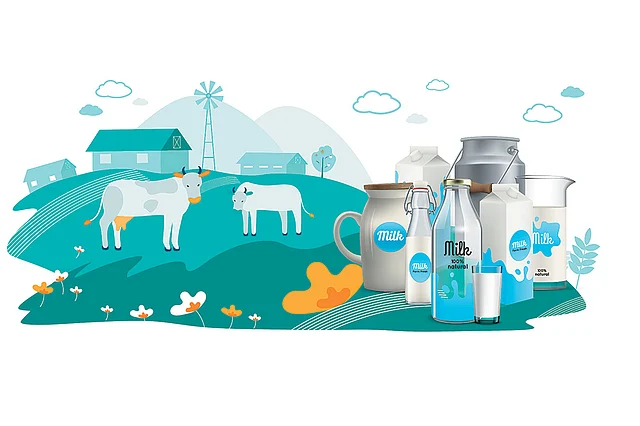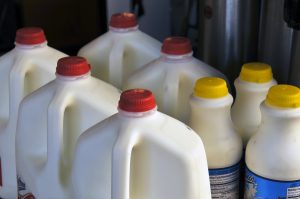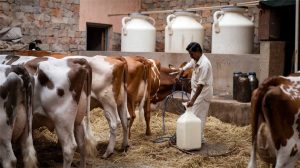
Protecting 100M Farmers: Why India’s Dairy Sector is Non-Negotiable.
India’s steadfast refusal to compromise on dairy tariffs has become a significant roadblock in finalizing a comprehensive trade pact with Australia. This unyielding position underscores the nation’s unwavering commitment to shielding its massive domestic dairy sector, which it deems a non-negotiable component of its trade policy. For the international dairy community, this highlights the unique dynamics and sensitivities influencing global agribusiness trade negotiations, particularly in a country with such a vast agrarian population.
While an interim trade agreement between India and Australia was inked in 2022, momentum for a broader, more exhaustive pact has demonstrably slowed. The primary sticking points revolve around contentious issues like expanded market access for dairy products and wine. India’s resolute stance is deeply embedded in its long-standing policy of safeguarding its sensitive agricultural and dairy industries, which are integral to the livelihoods of nearly half of its 1.4 billion citizens, despite contributing roughly 16% to the national economy.
The strategic importance of the Indian dairy industry cannot be overstated. As the world’s largest milk producer, India’s success is largely attributed to its unique cooperative dairy model, prominently exemplified by the renowned Amul brand. This model empowers millions of small-scale farmers, providing them with stable income and fostering rural prosperity. Any policy threatening this foundational structure is viewed with extreme caution, making dairy market access a critical red line in trade talks.
From a dairy economics perspective, opening India’s market to significant imports could disrupt this intricate cooperative system and negatively impact millions of smallholders. The government’s protectionist measures are designed to prevent such a scenario, prioritizing social stability and rural employment over broader trade liberalization in this specific sector. This strategic focus ensures that local dairy farmers maintain their competitive edge within their domestic market.
Ultimately, the delay in the India-Australia trade pact due to dairy protectionism serves as a powerful case study for global trade analysts and agribusiness professionals. It illustrates how deeply entrenched domestic agricultural interests, particularly in large, populous nations like India, can dictate the pace and scope of international trade agreements, influencing global dairy supply dynamics and emphasizing the intricate balance between economic liberalization and socio-economic stability.
Source: Outlook Business: India’s dairy shield delays Australia trade pact too; why it’s a non-negotiable
You can now read the most important #news on #eDairyNews #Whatsapp channels!!!
🇮🇳 eDairy News ÍNDIA: https://whatsapp.com/channel/0029VaPidCcGpLHImBQk6x1F

















